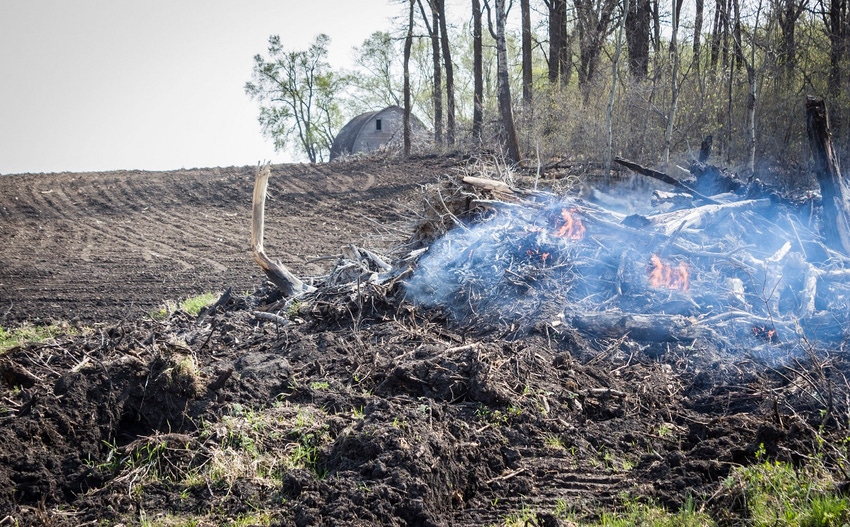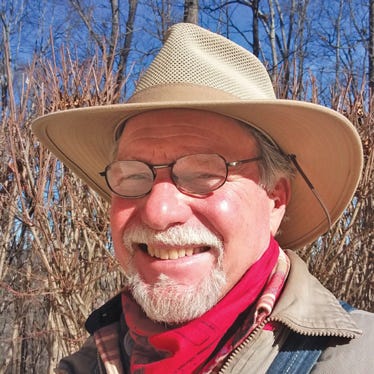
We are all going to listen to someone, but making the determination of who to listen to is a bitch wolf on fairly regular occasions. The grazing game is no exception.
Most everything you can imagine is being pushed by an expert somewhere. We can easily forget the essentials of profit per acre and go out chasing another rabbit.
I seriously read and review several farm/ranch publications every month. I’m biased toward grass systems but I try to also stay tuned to the happenings in the industrial/confinement model.
One of the great lies told by most proponents of “organic farming” is that nature is fragile. The truth is that nature is far from fragile and when it seems fragile we should consider it a short-term event. A 10-year study of daily weather recordings of a single month will prove my point most anyplace on the North American continent. The predictable part of the weather is that it will be different next year and extremes are a normal part of the natural model.
Our job is to tweak the boom and bust and somewhat cushion the blow, not attempt to stop the events or try to force our program to fit.
I recently read an article on managed rotational grazing (I’ve read thousands). This author was justifying his drought reaction and the repeat grazing (every 18 to 45 days) of pastures. He is wrong. He got through a dry spell because he had a nine-inch moisture reprieve in the middle of the growing season. He also had a bunch of hay on hand. His model is broken.
He said tall grass wicks excessive moisture from the ground. This is true but only partially in that tall grass also cycles water much deeper than short grass and can quickly adapt to conditions as the moisture slows or cuts off. The result is more quality feed.
Huge plant diversity and complete plant recovery should always be the goal. Grazing should be anything but fragile.
Nature is not fragile. Nature is extreme. Nature operates in
boom and bust cycles and everything in between. Nature hates monocultures and anything that resembles simplicity in the soil, plant or animal community. The more complex and diverse the soil, plant and animal community, the better insurance for routine success.
There are lots of wonderful examples I could use to illustrate. One is the abattoir (slaughter house) business. Successful meat processors have what I call a fifth-quarter mentality. They cash in on parts of a finished animal that most other folks throw away, bury, compost or pay someone to pick up and haul off. They market feet, tripe, brains, cheek meat, ears, diaphragm, pancreas, kidneys, fat, snouts and more. Very little leaves as red ink. The loin might be the most valuable cut but the sausage kitchen is the most profitable.
Nature grows a huge salad and then tears it down and digests it. There is very little loss of water, soil, mineral or energy -- only conversion to other things. Yes, there is a lot of death. But death is a requirement of all life. The natural model is far from fragile. Take some time and think about it.
About the Author(s)
You May Also Like






